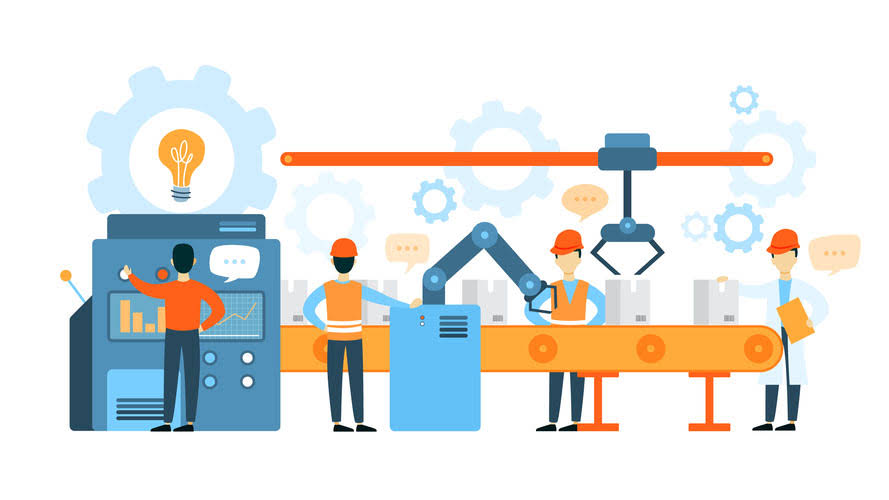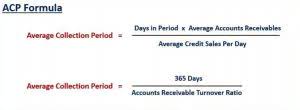
Companies look to analyze the incremental costs of production to maximize production levels and profitability. Only the relevant incremental costs that can be directly tied to the business segment define incremental cost are considered when evaluating the profitability of a business segment. Incremental analysis is used by businesses to analyze any existing cost differences between different alternatives.

Understanding Incremental Costs
For the past 52 years, Harold Averkamp (CPA, MBA) hasworked as an accounting supervisor, manager, consultant, university instructor, and innovator in teaching accounting online. For the past 52 years, Harold Averkamp (CPA, MBA) has worked as an accounting supervisor, manager, consultant, university instructor, and innovator in teaching accounting online. Expanding production by a single unit may necessitate capital investment in plant, machinery, fixtures, and fittings. Imagine that you are the owner of a small business that manufactures and sells widgets. You are considering expanding your business by opening a second factory. When you increase to two widgets, the employee works more efficiently due to repetition.
Terms Similar to Incremental Cost
Incremental and marginal costs are two fundamental tools to evaluate future production and investment opportunities. Let’s say, as an example, that a company is considering increasing its production of goods but needs to understand the incremental costs involved. Below are the current production levels, as well as the added costs of the additional units. Understanding the additional costs of increasing the production of a good is helpful when determining the retail price of the product.
FAQs About Incremental Cost of Capital
- Once you have determined the variable costs, you can calculate ICC by adding up all of the variable costs.
- From this example, you can observe not all increase in production capacity leads to a higher net income.
- As a third example, the sale of a subsidiary includes the legal costs of the sale.
- The management must look at the additional cost of producing the products under one roof.
- Companies may then react by tapping the capital markets for equity funding.
Incremental cost is the additional cost incurred by a company if it produces one extra unit of output. The additional cost comprises relevant costs that only change in line with the decision to produce extra units. Before calculating ICC, you need to determine the fixed costs and the variable costs. Fixed costs are those that do not change with production or sales, such as rent and insurance. Variable costs are those that change with production or sales, such as raw materials and labor.
- Shaun Conrad is a Certified Public Accountant and CPA exam expert with a passion for teaching.
- The incremental cost is based on a choice-oriented principle that only includes prospective costs.
- At EY, he focuses on strategy, process and operations improvement, and business transformation consulting services focused on health provider, payer, and public health organizations.
- With each new issuance of debt a company may see its borrowing costs increase as seen it the coupon it has to pay investors to buy its debt.
- Unfortunately, most of the time when manufacturers take on new product lines there are additional costs to manufacture these products.
- Incremental cost is the difference in total cost when output changes by one unit.
- Now, let’s say you are considering expanding your production capacity for maximum raw materials, labor, and location utilization.
Incremental Cost of Capital: What It is, How It Works
Every effort must be made to make correct cost estimates so that the choice of an opportunity that a business ultimately makes doesn’t affect the company negatively. Incremental analysis is useful when a company works on its business strategies, including the decision to self-produce or outsource a process, job, or function. This strategic move is intended to increase overall profitability while maintaining the company’s return https://www.bookstime.com/real-estate-bookkeeping on investment (ROI). The example below briefly illustrates the concept of incremental analysis; however, the analysis process can be more complex depending on the scenario at hand. Depreciation is a non-cash expense that is used to allocate the cost of a long-term asset over its useful life. Incremental analysis is a problem-solving method that applies accounting information—with a focus on costs—to strategic decision-making.

How do you calculate the incremental cost at different scales of production?
- If a business is earning more incremental revenue (or marginal revenue) per product than the incremental cost of manufacturing or buying that product, then the business earns a profit.
- Now you’re ready to put your variable cost differences to work to get the incremental cost.
- Incremental costs change at different scales of production, and so do their benefits.
- Discover the key financial, operational, and strategic traits that make a company an ideal Leveraged Buyout (LBO) candidate in this comprehensive guide.

